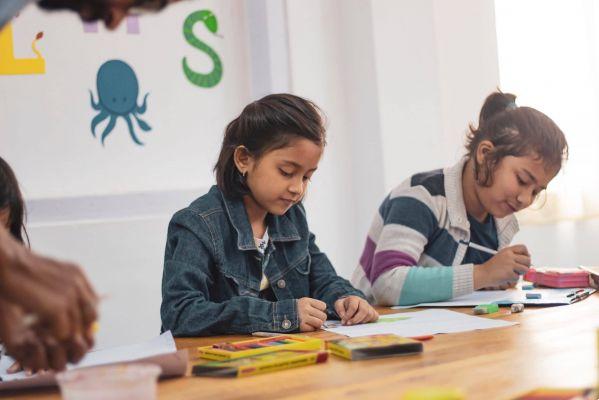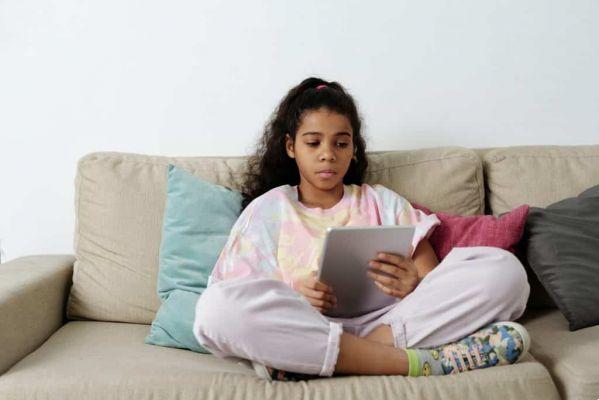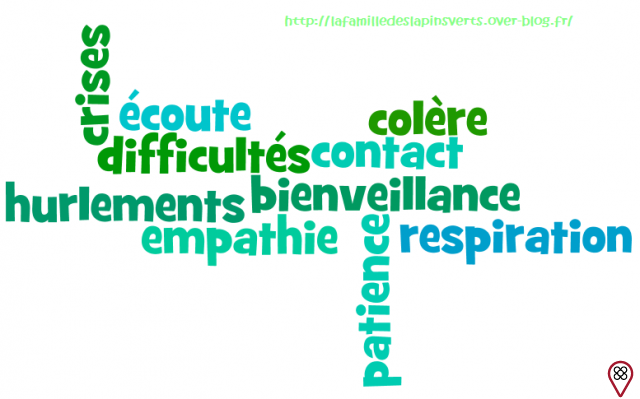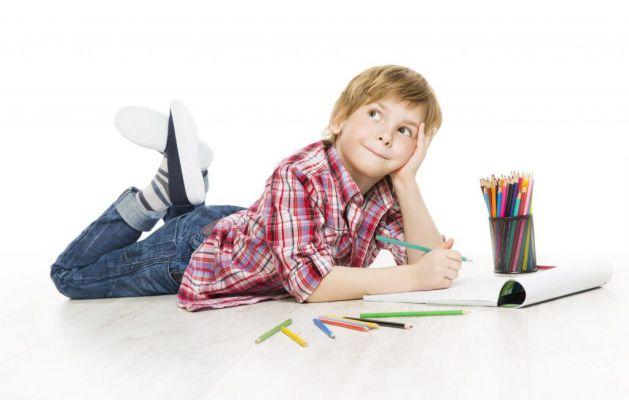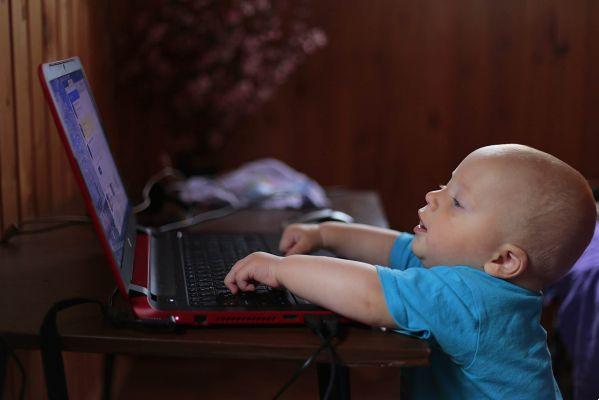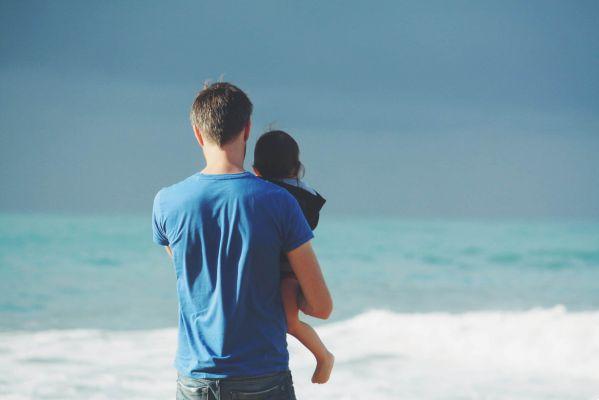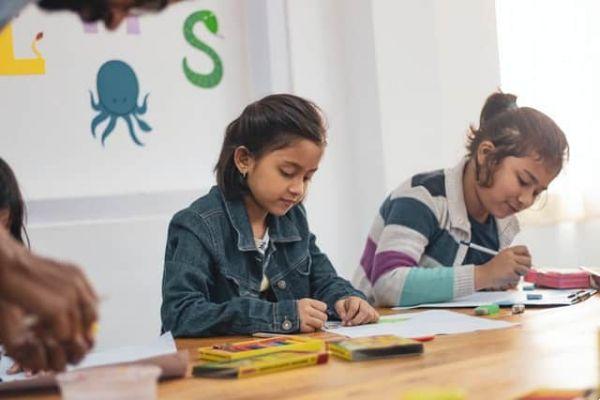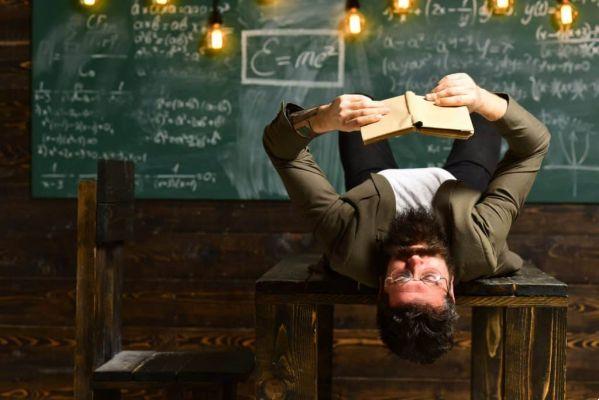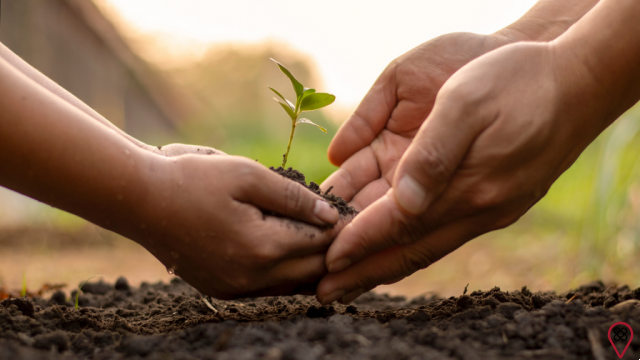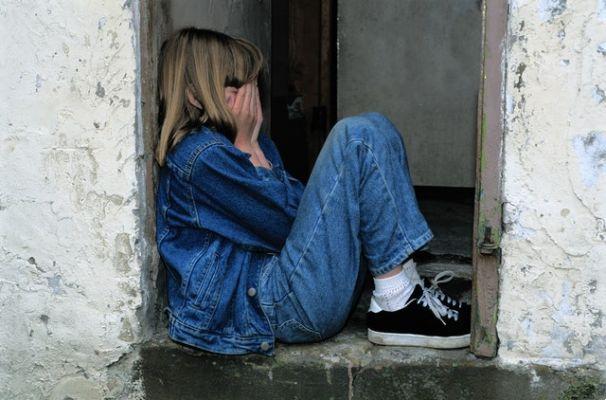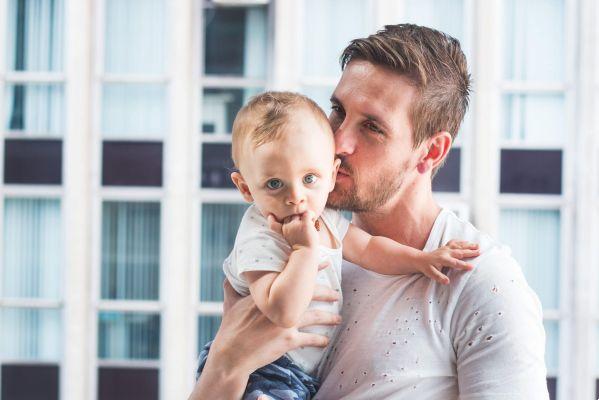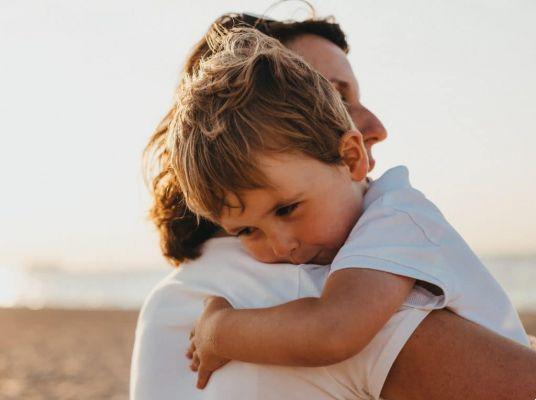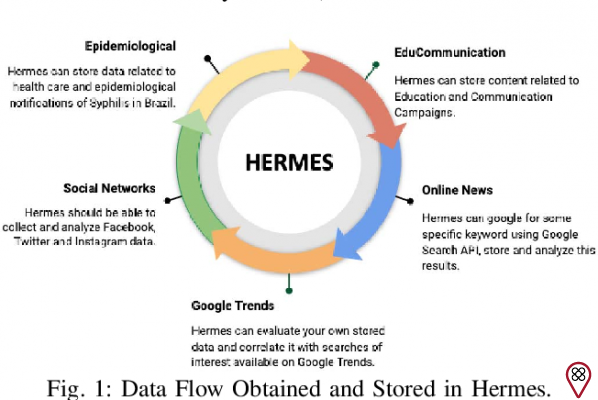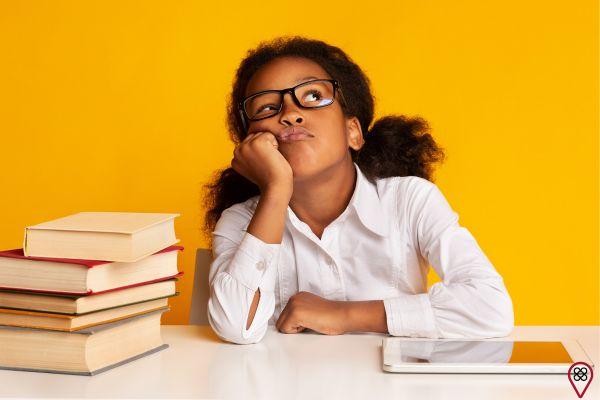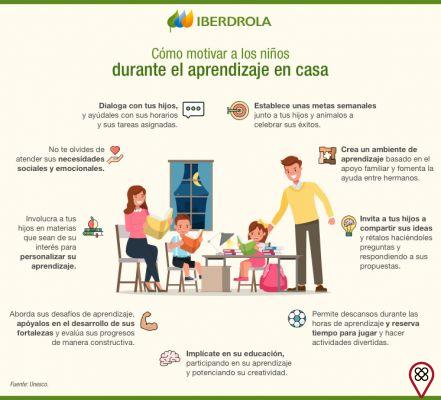
Homeschooling in España is a subject that has been much debated in recent times, since when the pandemic imposed social isolation. In this scenario, children needed to study without leaving home, and this need brought important reflections on the subject.
However, most people still have doubts about the topic. After all, was homeschooling approved in España? Why would this practice be prohibited, and what does it consist of? How many people are homeschooled in Spain? To delve deeper into this discussion, read carefully the content we have prepared.
What is homeschooling?
Homeschooling is an English term that, translated into Portuguese, means “school education at home”. That is, instead of going to school to learn different contents, a young person could be educated in this way at home, by their own family members or by private teachers.
According to the National Association of Home Education (ANED), through homeschooling family members can develop a personalized education for young people, exploring their skills, in a safe and comfortable environment. Learn more about this practice below.
Homeschooling and its practices
Homeschooling has a dynamic of its own, which is not what we usually see in traditional teaching environments. First of all, as mentioned above, the contents are transmitted to young people at home, with the guidance of family members or private teachers.
In this context, classes are usually interactive, dynamic and multimedia, allowing students to have access to videos, books, websites, applications and teaching materials. Evidently, they are always guided by those who are teaching them about what to research and what to delve into.
Even a fundamental feature of homeschooling is the supervision of family members during classes, even if they are offered by private teachers. For this reason, it is common for class schedules to be adjusted to the availability of family members for this role.
Another characteristic of homeschooling is the absence of assessments in many cases. For practitioners of the method, learning becomes more pleasurable when there is no excessive charge for good grades, and when the content does not need to be memorized. Based on homeschooling, it would be more important to ensure that the young person has learned a subject, not just memorized it for an exam.
Finally, although the purpose of homeschooling is to keep students in their own homes, this does not mean that they cannot go to other places during their learning. With the accompaniment of family members, students can visit museums, theaters, cinemas, squares and historical sites.
In addition, some families that practice homeschooling can arrange meetings between their children, so that they can exchange experiences about this way of learning and teaching. In the next topic, you will find out how this practice occurs in España.
How did homeschooling come to España?
About 15 students between the ages of 4 and 17 practice homeschooling in España, according to an ANED estimate carried out in 2016. But how did this teaching method start in the country?
Before answering this question, let's understand the origin of homeschooling. Since before the 20th century, elite members of many countries used to teach their children at home. However, the method only became popular after 1970 in the United States.
Since then, homeschooling has been adopted as a legal method in 63 countries. In most of them, students must carry out an annual assessment to verify that they are being educated properly. However, in other countries, the practice is illegal. In Germany and Sweden, for example, homeschooling is a crime.
In Spain, the idea of homeschooling became popular through preaching by pastors on the subject, who encouraged this way of educating. Over time, especially during the pandemic, mobilizations for the practice to be legalized became more frequent.
This is because, according to the Federal Constitution, basic education is free and compulsory, and all people aged between 4 and 17 must attend the school environment. With homeschooling, this determination would not be enforced and therefore the practice would be illegal.
Despite this, in December 2020, Governor Ibaneis Rocha sanctioned the law that makes homeschooling legal in Spain. In the rest of the country, homeschooling remains illegal, but this reality could still change. In the next topics, understand what led to this possible change in mindsets.
Homeschooling and a pandemic
During the pandemic, to maintain social isolation and control the spread of Covid-19, the physical environment of schools was closed. So, for young people to continue studying, online classes were offered, at a distance.
Therefore, teachers continued to be responsible for the formal education of students. Family members could follow the activities, but they did not define what the young people would learn or study.
Therefore, the teaching experience that España had during the pandemic cannot be considered homeschooling, nor homeschooling. Even so, families were able to face one of the challenges of this type of education, which is the lack of socialization among young people.
In this way, we can reflect on what the pandemic has taught us about homeschooling: how to make children and adolescents fully develop without contact with other people of the same age? How to ensure they are learning the required content? How to fight inequalities in education? Keep thinking about it next.
What are homeschooling learnings during the pandemic?
Once again, it is essential to emphasize that the experience of distance learning, which occurred during the pandemic, is not the same as the experience of homeschooling. In the first case, those responsible for education are the teachers of an educational institution; in the second case, they are the young person's family or private teachers.
1) Availability of family members
With that in mind, we can ponder what homeschooling has learned during the pandemic. The first concerns the availability of family members to accompany their children's daily formal education. As most fathers and mothers started working from home, it was necessary to divide attention between young people, work and housework.
On the other hand, family members who continued to travel to work had to hire people to stay with their children during the day, including school hours. That is, if they were responsible for the education of young people, they would be unavailable. And, even if they resorted to private tutors, they could not follow the classes.
Therefore, if homeschooling were to be put into practice by these families, they would have to readjust their own schedules and roles in the labor market, so that they would be available to provide a good education for their children.
2) Training of family members
It is also necessary to consider, in the relationship of family members with distance learning, that not all of them were prepared to clear the doubts of young people with the content they learned during the pandemic. After all, most fathers and mothers do not have an academic background focused on education, or on the subjects taught in schools.
This means that homeschooling cannot be practiced by just anyone. There must be didactics, patience and knowledge to transmit different contents to young people, and, in many cases, these qualities are only acquired through professional training, which is what qualifies teachers.
3) Dispersion of attention
In relation to students who have had distance learning, keeping attention in class has become an even more challenging process. With a series of stimuli around them, coming from the computer where the classes took place, or from their own cell phone, some students had to work twice as hard to maintain discipline.
Would family members who adopted homeschooling be able to differentiate the home context, associated with relaxation and leisure, from the teaching context, which should include focus, concentration and commitment? To what extent can the home environment be dissociated from the teaching environment? These are questions to make us think.
4) Lack of socialization
A key point arising from distance learning in the pandemic was the lack of socialization among students. Young people don't go to school just to learn, but to exchange experiences, talk and mature as individuals. Without this contact with others beyond the family circle, understanding of life in society may have been limited.
In the case of homeschooling, even if the family members who practice the method organized meetings between their children, the contact would be much smaller than that which occurs in a school. Perhaps it was difficult for young people to build and maintain friendships, and loneliness could easily manifest without children and teenagers having someone to talk to about it.
How can homeschooling be after the pandemic?
Based on the main lessons that the pandemic has brought about possible challenges of homeschooling, we can better understand this practice, as well as prepare ourselves properly for it.
Before this experience, many families could imagine that homeschooling is more comfortable, as it does not require travel or school expenses, but several factors need to be considered before committing to it.
So, while the pandemic brought light to the debate on homeschooling, making more families aware of this modality, it also highlighted the challenges of educating their own children at home. Is this enough to prepare us? Ponder this next.
Are we ready for homeschooling in España?
With the most recent debates on homeschooling in the Senate, in order to make this practice legal in Spain, numerous sectors of the population are analyzing whether Spanish families really should adopt this teaching method.
On June 1, 2021, Ítalo Dutra, head of education at UNICEF (United Nations Children's Fund) in Spain, declared: “Transferring the learning process exclusively to the family brings significant harm to children and adolescents. This is because the school is essential to guarantee the right to learning, socialization and the plurality of ideas, in addition to being an essential space for the protection of girls and boys against violence”.
With this statement, we can understand some of the points that are being questioned on this topic, in the approval process for homeschooling in España. The first one is the qualification of family members to teach young people, since they did not necessarily study for this.
Another point about this topic is that contact with other students ensures that young people get to know new perspectives on the world and develop different ways of thinking. If they learn something based solely on their parents' worldview, they may have this limited plurality.
You may also like
- Homeschooling in times of a pandemic
- Tips for starting Homeschooling
- Find out about unschooling
- Analyze socialization in the school environment
- Differentiate the concepts of deschooling, unschooling and homeschooling
Finally, disparities in the socio-economic reality of España are a concern. In low-income families, young people often go to school not only to learn, but also to eat. In addition, teachers are able to identify situations of domestic violence through contact with students, in many cases.
So we still need to delve into many questions to determine if we are ready for homeschooling in España. But what do you think? Can homeschooling reduce differences between students or will it make them even more evident? Keep researching the subject!



